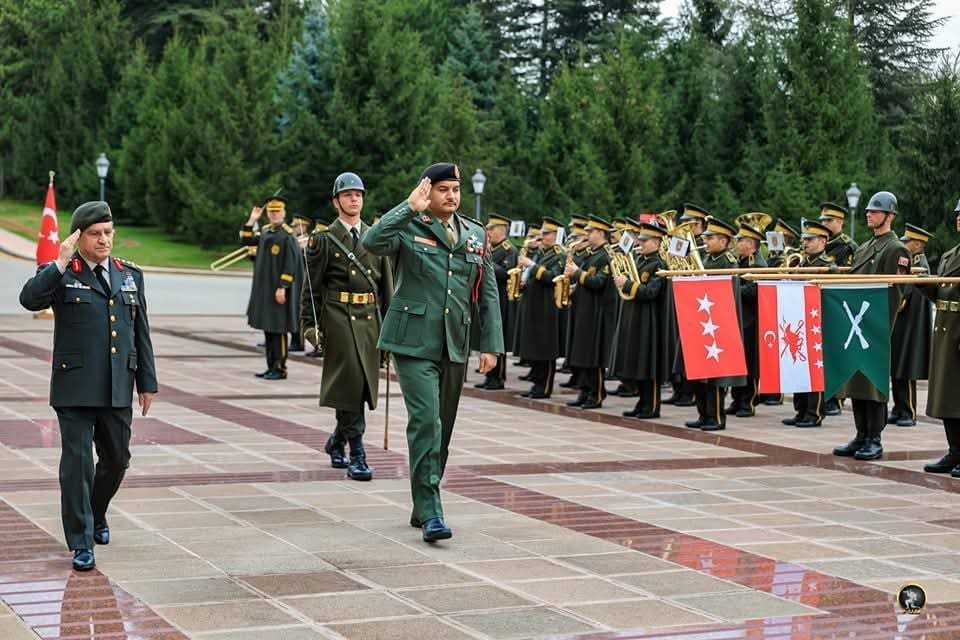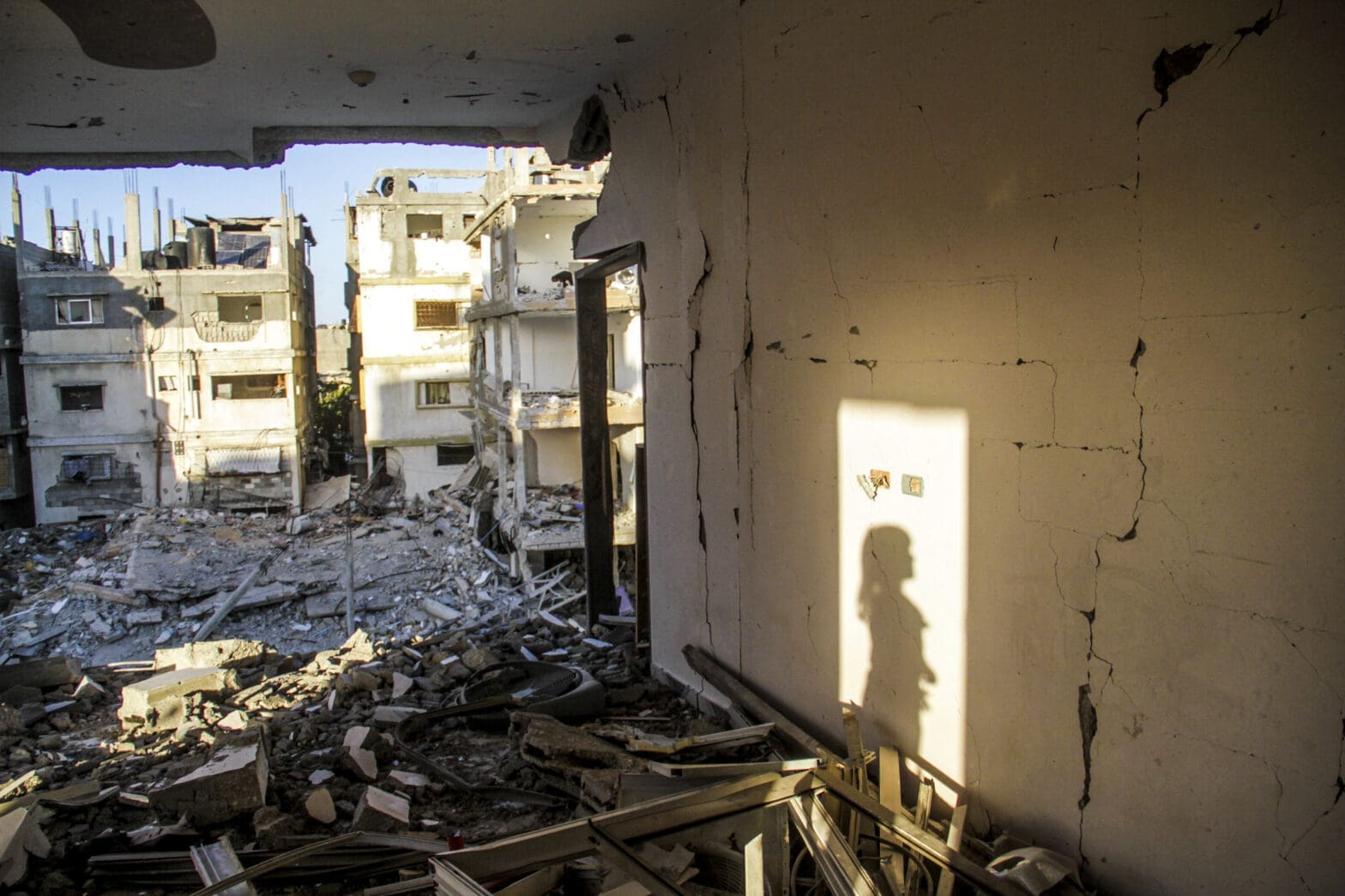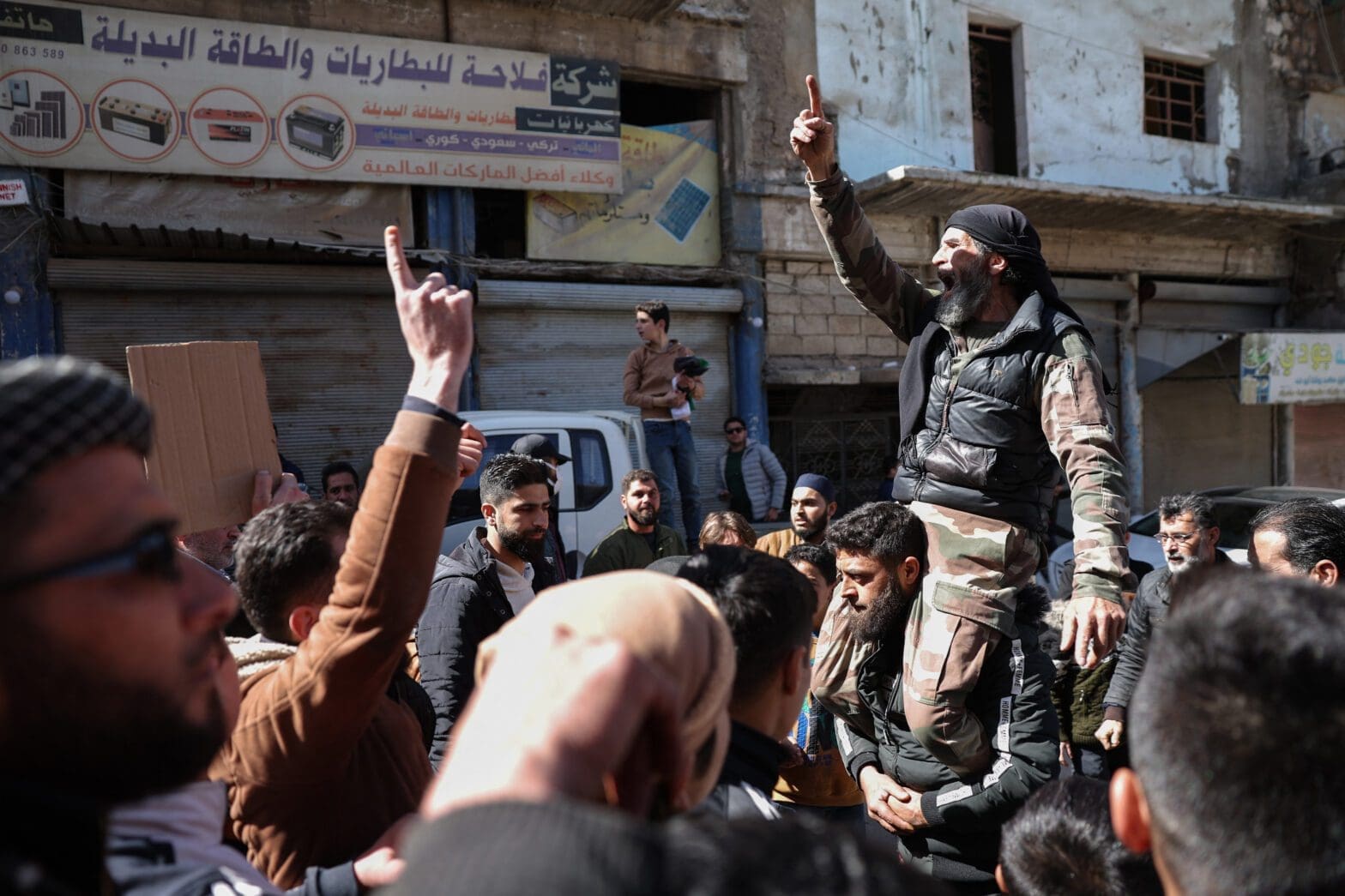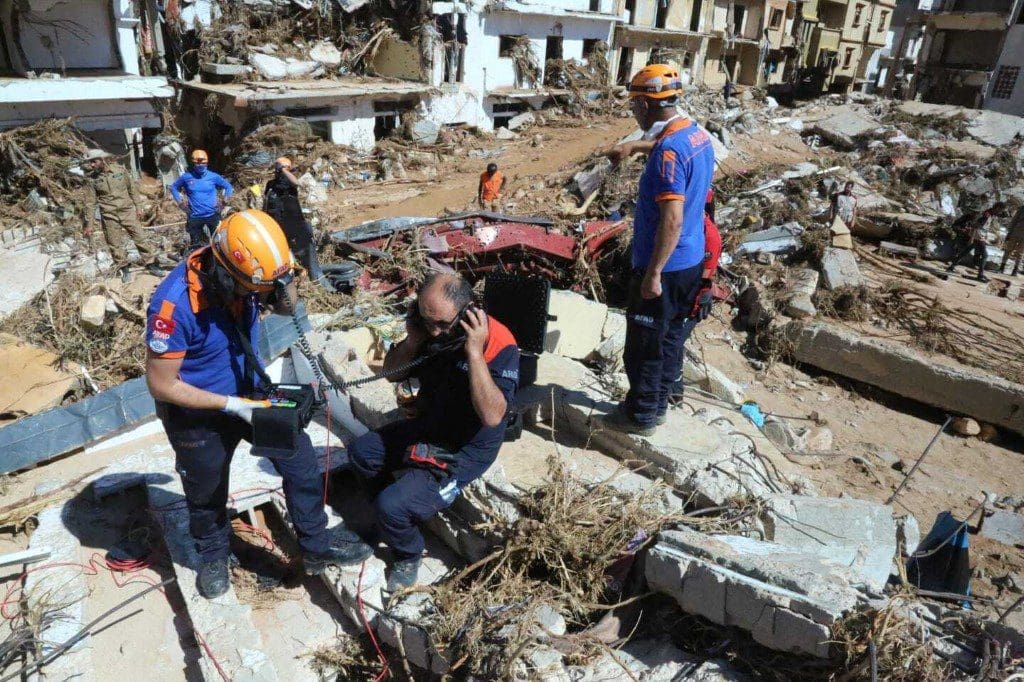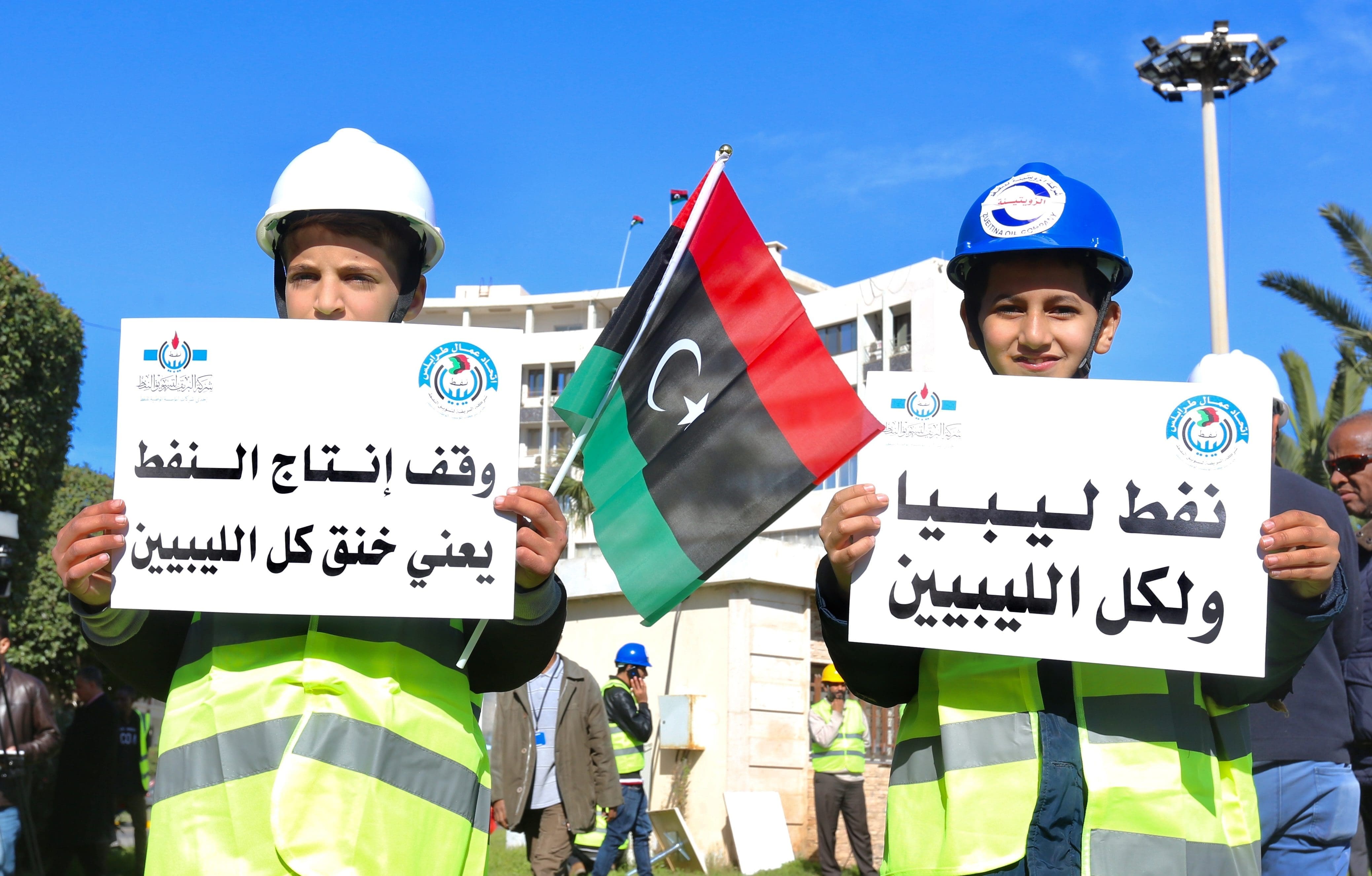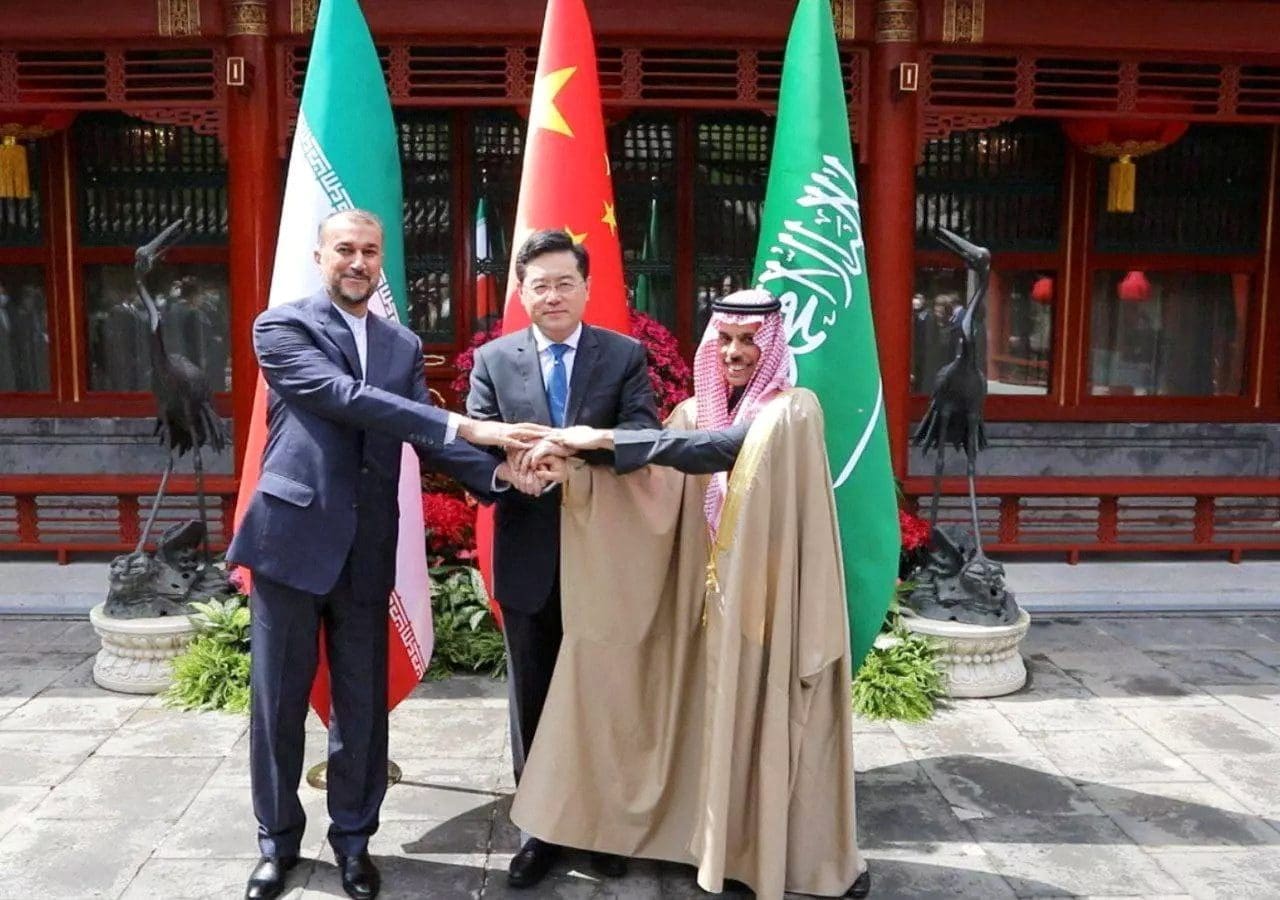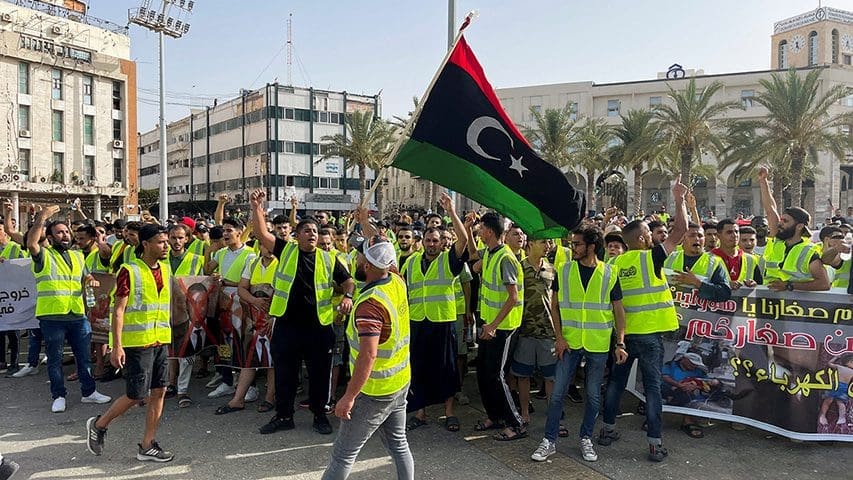The Mediterranean is a region more practiced at crisis management than resolution. From Cyprus to Palestine, Lebanon to Libya, migration to energy, the region’s chronic fault lines simmer beneath the surface, flitting between active and dormant states like geopolitical volcanoes. Time and again, the states attempting to contain or capitalize on these crises end up… Continue reading Are Mediterranean Gas Fields Gold Mines or Volcanoes?
Afkar Country: Libya
Is the United States Set to Re-Engage in Libya?
A quiet visit to Libya by a senior Trump advisor has raised the specter of Washington taking a renewed interest in the North African country—and the question of whether such engagement could help finally resolve the country’s prolonged political deadlock. Massad Boulos, who advises U.S. President Donald Trump on Middle Eastern and African affairs, visited… Continue reading Is the United States Set to Re-Engage in Libya?
Growing Ties Between Eastern Libya and Türkiye Increase Tensions in the Mediterranean
For nearly six years, Libya’s eastern-based House of Representatives (HoR) has rejected attempts by the internationally-recognized authorities in Tripoli to ratify a maritime border agreement with Türkiye on the grounds that they were illegal and violated Libyan national sovereignty. In June, however, amid steadily warming relations between the HoR-appointed Government of National Stability (GNS) and… Continue reading Growing Ties Between Eastern Libya and Türkiye Increase Tensions in the Mediterranean
In Tripoli, A War on Militias Quickly Becomes a War of Militias
In the Libyan capital Tripoli, change is rarely peaceful or linear. This was starkly demonstrated once again in mid-May, when what like seemed a strategic victory for Prime Minister Abdul Hamid Dbeibah quickly spiraled into the latest in the country’s long string of political and military crises. The episode began when Abdelghani al-Kikli, the head… Continue reading In Tripoli, A War on Militias Quickly Becomes a War of Militias
In Engaging the Haftars, Türkiye Makes Pragmatic Shift in Libya
Türkiye’s welcome of Saddam Haftar, son of eastern Libya’s de facto ruler Khalifa Haftar, was laden not only with ceremony but with implications for the North African country’s delicate balance of power. Walking down the red carpet in Ankara on April 4, the commander of land forces in his father’s self-styled Libyan Arab Armed Forces… Continue reading In Engaging the Haftars, Türkiye Makes Pragmatic Shift in Libya
Rebuilding Forever: Lessons of our failures
*This article is the second part in a two-part series. Read Part 1 here. If Syria’s Arab Spring forerunners have a fundamental lesson to impart, it is that achieving a symbiosis between a revolution’s leadership and its public is required to successfully transmute a deposed tyranny into a nation of self-determination and the representative state… Continue reading Rebuilding Forever: Lessons of our failures
For Syria, Lessons from Our Past Failures
The Assad family, like so many tyrannies before them, allowed their power, impunity, isolation and the resultant narcissism to foster a belief that their world would never end. Assad’s supporters—both for the father, Hafez, and the son, Bashar—would chant “our leader forever.” Until the day inevitably came when their rule ended and people sang, “forever… Continue reading For Syria, Lessons from Our Past Failures
MENA Outlook for 2025
With the December collapse of the Assad regime in Syria, 2024 came to a close in a dramatic and region-altering fashion. This, along with the numerous other major trend lines and points of conflict, likely makes 2025 a year that will be significant in reshaping the region’s future. Looking forward to what may be coming,… Continue reading MENA Outlook for 2025
Regional Economy Faces Plenty of Challenges—and Reasons for Hope—in 2025
Despite the turmoil rocking the Middle East and North Africa (MENA), there may be some glimmers of hope for the region’s economies in 2025. The World Bank and the International Monetary Fund (IMF) are both projecting an uptick in growth in most MENA economies. However, structural challenges, political instability, and geopolitical tensions will continue to… Continue reading Regional Economy Faces Plenty of Challenges—and Reasons for Hope—in 2025
Why Jihadist Groups Never Really Die
The lightening quick takeover of Syria by Hayat Tahrir al-Sham (HTS) led-fighters in an offensive that began on November 27 and ousted the 54-year old Assad regime by December 8, has been stunning. Indeed, the speed of developments has left many observers with more questions than answers, including on the character of the rebel forces,… Continue reading Why Jihadist Groups Never Really Die
Arab Public Opinion Under Pressure
Editor’s Note The relevance of public opinion in the Middle East and North Africa is a question often debated but little understood. Given the high prevalence of autocracy, surveys of popular sentiment are limited, while freedoms of speech and press are not the norm. Indeed, as thousands of political prisoners freed in recent days from… Continue reading Arab Public Opinion Under Pressure
Adapting the Women, Peace and Security Agenda to the Arab World
When United Nations Security Council (UNSC) resolution 1325 on Women, Peace and Security (WPS) was adopted on October 31, 2000, it marked an unprecedented commitment by the international community to regard women as integral partners in peace processes. The WPS “agenda,” as it came to be known, encompasses ten UNSC resolutions that recognize the devastating… Continue reading Adapting the Women, Peace and Security Agenda to the Arab World
Can China and the U.S. Cooperate in the Middle East?
Cooperation between China and the United States in the Middle East has become a common topic of discussion between academics and experts these days. The two great powers have vested interests in the region that are jeopardized by its chronic instability and the growing threat of regional war. Cooperation between the two should be a… Continue reading Can China and the U.S. Cooperate in the Middle East?
Libya’s Central Bank Crisis Reflects Its Broken System
Libya’s latest political standoff, this time over who should head the country’s central bank, has once again highlighted the chronic dysfunction that has plagued the country since the 2011 overthrow of Moammar Gaddafi. Libya’s political economy, militarized and bedeviled by foreign interference, is broken: unsuitable even for Libya’s rival leaders, incapable of constraining them, and… Continue reading Libya’s Central Bank Crisis Reflects Its Broken System
Border Crossing Struggle Reflects Chronic Instability in Western Libya
Nearly four months after it closed due to armed clashes between rival Libyan groups, the Ras Ajdir crossing with Tunisia finally reopened on July 1. Located 170 kilometers (105 miles) west of war-torn Libya’s capital, Tripoli, the main land crossing into its western neighbor is a vital lifeline for trade—both official and illicit. But it… Continue reading Border Crossing Struggle Reflects Chronic Instability in Western Libya
The Coup Contagion Continues
The first attempted military coup of 2024 took place in Bolivia on June 26, when soldiers stormed the presidential palace and occupied the main square in La Paz. While Bolivia is no stranger to putsches, with the highest number of coups worldwide since 1950, it is now the latest in a long list of countries… Continue reading The Coup Contagion Continues
Another Catastrophe Hangs Over Darfur
Two decades after mass atrocities for which justice has never been served, the capital of North Darfur teeters on the brink once again. El-Fasher is the last of five state capitals in Sudan’s vast Darfur region that has not fallen to the paramilitary Rapid Support Forces (RSF) in the course of the country’s war. Vulnerable to… Continue reading Another Catastrophe Hangs Over Darfur
The Middle East in the Wake of October 7: Interview with Tarik M. Yousef Marking 100 Afkār Posts
We at Afkār are delighted to announce that we have reached a new milestone, our 100th post! To mark the occasion, we have recorded and transcribed a special interview with the Director of the Middle East Council on Global Affairs, Tarik M. Yousef. The in-depth interview was conducted by our editor, Omar H. Rahman, and… Continue reading The Middle East in the Wake of October 7: Interview with Tarik M. Yousef Marking 100 Afkār Posts
Winning the Peace in the Middle East’s Fragile State
The military escalation since the start of the war in Gaza on October 7 highlights the vulnerability of the Middle East and North Africa (MENA) to a relapse of conflict, potentially in a conflagration that could engulf the region at large. Over years of devastating intra-state conflicts and proxy wars in Iraq, Syria, Libya, and… Continue reading Winning the Peace in the Middle East’s Fragile State
Türkiye Leverages Derna Relief to Reconcile with Eastern Libya
When catastrophic flooding and the collapse of two dams ripped the heart of eastern Libya’s Derna into the Mediterranean on the night of September 10, Türkiye was quick to respond. The Turkish Ministry of Defense announced that it was sending two warships to Libya carrying 360 personnel, including members of the state disaster-management agency AFAD,… Continue reading Türkiye Leverages Derna Relief to Reconcile with Eastern Libya
A Military Intervention in Niger Would Deepen the Sahel’s Woes
July’s military coup against Niger’s pro-western President Mohamed Bazoum has sparked a complex crisis with momentous consequences for the entire region. The latest in a string of military power-grabs across the Sahel, it has drawn a particularly sharp reaction from former colonial power France, which has forces stationed in the country—ostensibly to fight Islamist militants—and… Continue reading A Military Intervention in Niger Would Deepen the Sahel’s Woes
Libyan Effort to Clean Up State Finances Sidesteps Deeper Issues
As political tensions in Libya simmer amid fresh uncertainty over elections, the Libyan Presidency Council recently moved to address another issue at the heart of the country’s divisions. Only July 6, the Tripoli-based body announced it was establishing a High Financial Oversight Committee, with sweeping responsibilities to oversee Libya’s vital oil revenues, scrutinize government budgets… Continue reading Libyan Effort to Clean Up State Finances Sidesteps Deeper Issues
Erdogan’s Gulf Visit Heralds New Regional Approach
Weeks after winning a new five-year term as president of Türkiye, Recep Tayyip Erdogan visited Saudi Arabia, the United Arab Emirates and Qatar with a delegation that included nearly 200 business and government officials. The veteran leader’s first visit to the region since his electoral victory in May is the culmination of a rapid reconciliation… Continue reading Erdogan’s Gulf Visit Heralds New Regional Approach
Sudan Conflict: Regional Implications – Council Views
The eruption of violent conflict in Sudan on April 15 has cast the country into, perhaps, the darkest period yet in its five-year transition toward civilian rule, which began with nationwide protests in 2018 and the toppling of Omar al-Bashir a year later, after three decades in power. The recent outbreak of fighting between the… Continue reading Sudan Conflict: Regional Implications – Council Views
The Saudi-Iranian Deal Is Important, but Don’t Expect a Wider Peace
The March 6 announcement that Saudi Arabia and Iran were re-establishing diplomatic ties was an important moment for the Middle East. The Chinese-brokered deal has the potential to end the devastating eight-year conflict in Yemen and address geopolitical tensions elsewhere. From the Saudi perspective, it may end Iranian proxy attacks on Saudi oil facilities, including… Continue reading The Saudi-Iranian Deal Is Important, but Don’t Expect a Wider Peace
MENA Outlook 2023 – Council Views
In various ways, 2022 was arguably a positive year in much of the Middle East and North Africa (MENA) region. The COVID-19 pandemic subsided in many states and the intensity of violence ebbed in several conflict zones. Competition between regional powers receded and gave way to an increase in diplomacy and rapprochement. However, with a… Continue reading MENA Outlook 2023 – Council Views
Desperately Seeking Stability: Libya, Elections, and Enduring Political Stalemate
It has been a long, hot summer in Libya. Demand for air conditioning has strained the country’s electrical grid, leading to rolling blackouts that have underscored the unity government’s inability to improve the daily lives of its people. With frustration mounting over the ongoing failure of political elites to organize elections, the blackouts prompted well-organized—if… Continue reading Desperately Seeking Stability: Libya, Elections, and Enduring Political Stalemate





